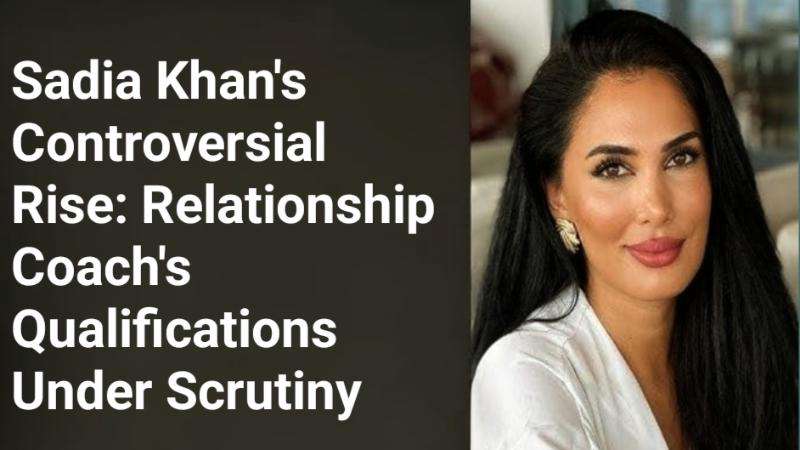The Swedish government and the right-wing populist Sweden Democrats will push ahead with a proposal to tighten the requirements for family immigration aimed at reducing the number of crossings to Sweden, the government and the party that supports the government without being a part of it announced on Thursday.
Sweden’s right-wing coalition and the Sweden Democrats (SD) announced their backing for a bill to curb the number of arrivals to Sweden.“The government and the Sweden Democrats continue to stand up for stricter migration legislation,” Sweden Democrats’ Party Secretary Bäckström Johansson told a press conference.
“The proposals aim to reduce the number of asylum seekers coming to Sweden,” he added.
To further restrict entry, the bill seeks to make it more difficult to obtain residence permits on humanitarian grounds, which the government says should be seen as part of the “paradigm shift” it wants to implement in migration policy.
To this end, the bill proposes to raise the age limit for refusing residence permits for spouses or cohabitants from 18 to 21 years.
“This corresponds to the highest age limit allowed under EU law”, said Swedish Migration Minister Maria Malmer Stenergard. The proposal should mean that more forced marriages can be prevented, she added.
At the same time, the possibility of granting children and certain adults a residence permit based on what is known as ‘particularly’ distressing circumstances will be removed. Instead, the stricter requirement of “exceptional” reasons will also apply to children.
Reducing the number of family migrants and those allowed to stay on humanitarian grounds was already mentioned by Stenergard when she was appointed as minister as a “quick” measure to achieve the paradigm shift.
_3.jpg)






.svg)
